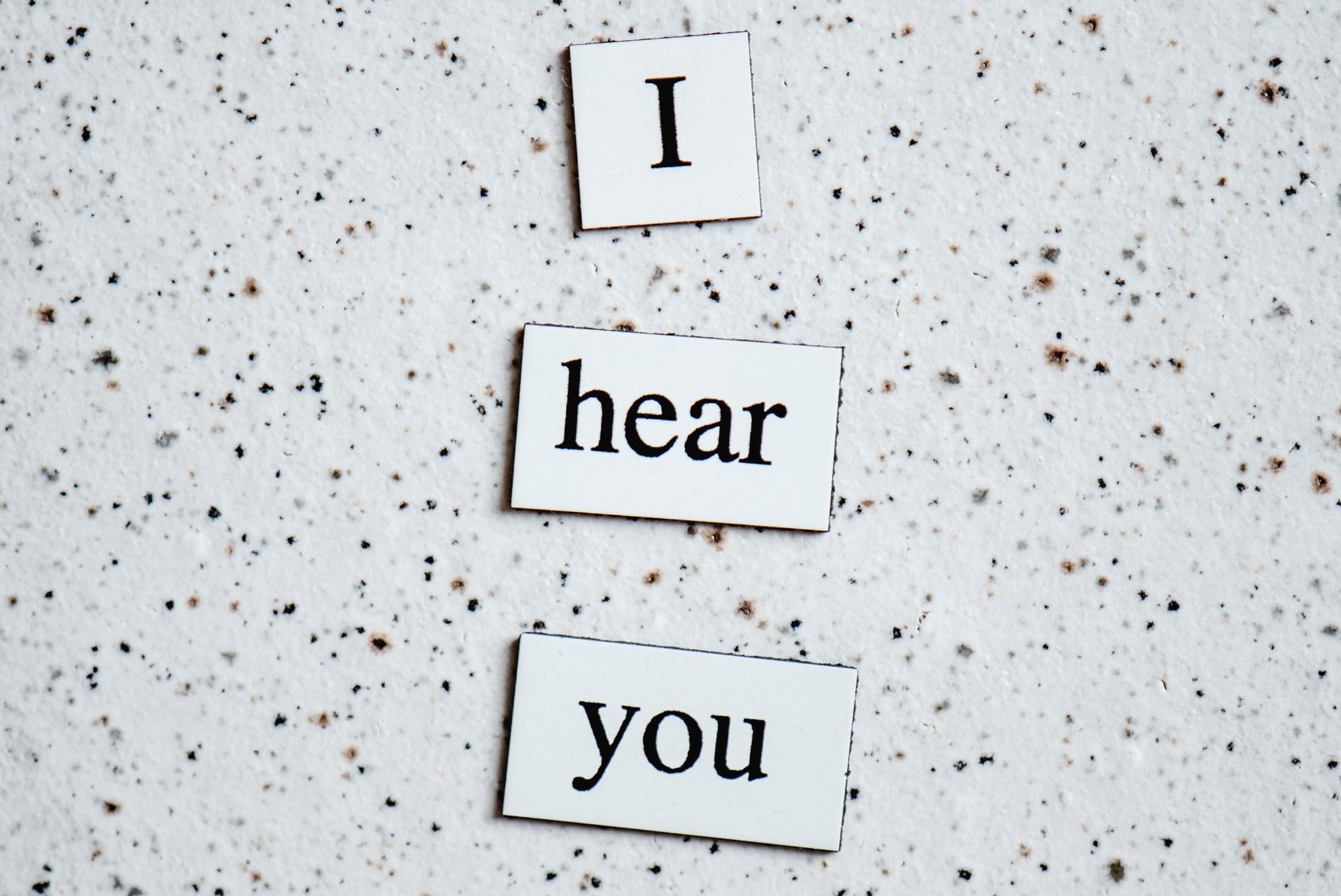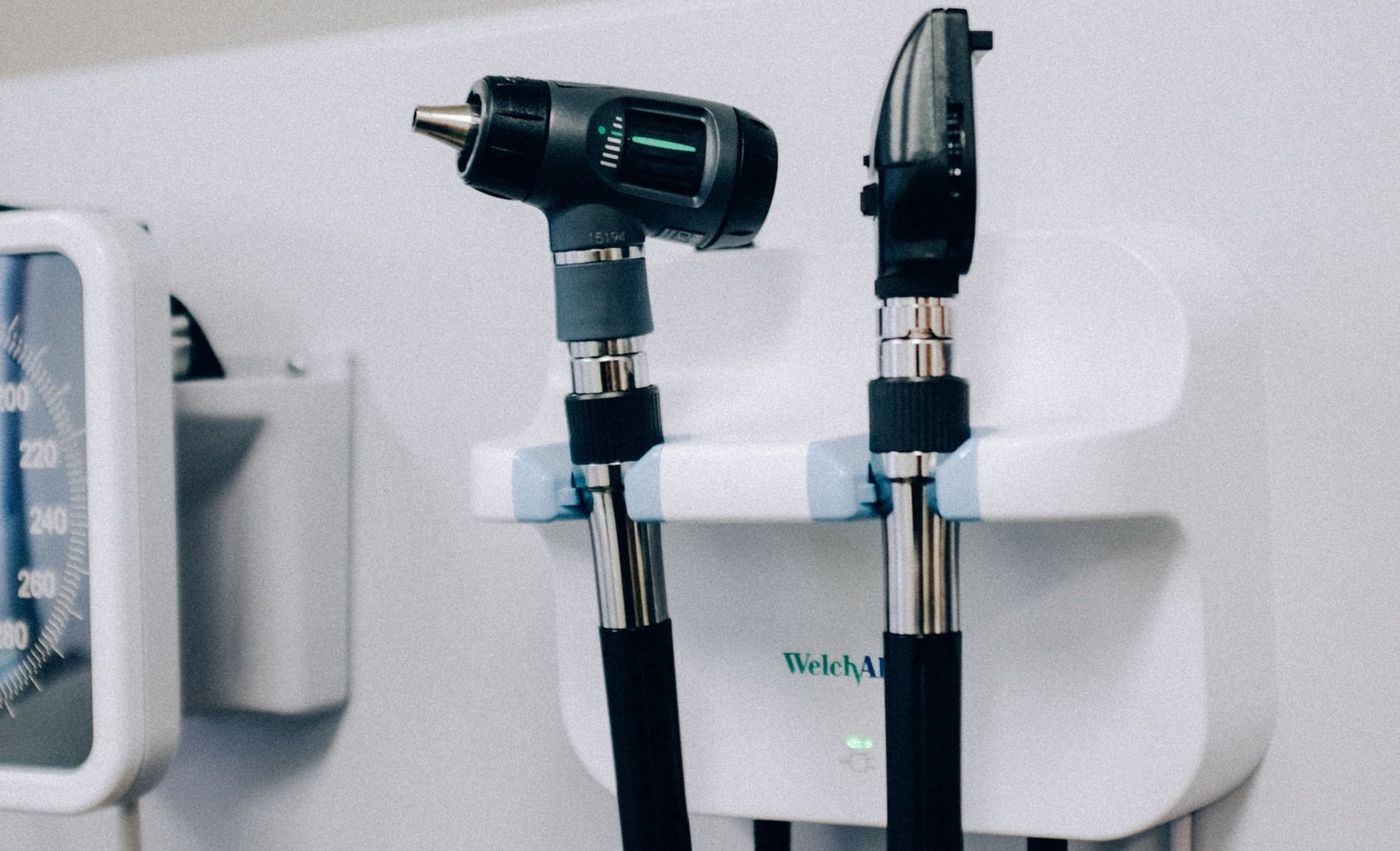
Contents
Did you know that hearing devices do not always mean hearing aids?
With so many products touting themselves as hearing aids, it’s very hard to understand which products will actually help you hear better.
As of now, hearing aids cannot be purchased easily online, so one should be cautious of brands marketing themselves to be selling hearing aids online.
While hearing aids are medical devices that are designed to treat hearing loss, sound amplifiers are not medical devices, and you should first find out which device suits your needs.
Hearing Loss: What Are the Signs?
Changes in hearing are common as people get older and like almost all age-related symptoms, shifts happen gradually. While it’s very important to pay attention to these first signs, if any of these symptoms sound familiar, always remember to talk to your doctor or an audiologist about getting a hearing test.
1. Voices sound muffled or unclear
2. Have hard time following conversations in a noisy environment
3. Feel exhausted after social events
4. Watch people’s lips rather than their eyes
5. Feel the need to turn up volume for devices
6. Feel your ears are clogged
While hearing devices like sound amplifiers may help with some of these symptoms, more severe hearing loss will need hearing aids for treatment.
Before purchasing hearing aids, some start their journey off with sound amplifiers and work their way up, considering that most hearing aids come with a hefty price tag of $2000 and above.
When and how you want to start off the journey is your choice and we’re here to help you out.
Below you can find just how you can purchase different types of hearing devices.
4 Ways to Purchase Hearing Devices
If you came this far, you’re probably considering getting some kind of hearing device.
We’ll go through just that: where to purchase hearing aids, but if you’re interested in what the difference is between hearing aids and sound amplifiers are, check out the article: PSAPs vs. Hearing Aids…What’s the Difference?
1. Professional Providers (Audiologists / Hearing Aid Specialists)
If you’re thinking about purchasing hearing aids, you will have to go to a hearing aid specialist or an audiologist and get a prescription. Because hearing aids are medical devices, FDA specifies that any patients seeking to purchase them needs to have their hearing tested by a licensed physician and get a prescription.
Not only will these professionals rule out any underlying medical issues like excessive earwax, they will be able to suggest you the best type of hearing aid for your lifestyle and assist you through the journey.
While the price tag may leave you wondering if the price is worth the trip to the doctor’s office, keep in mind that these professionals will be able to help you with any problems that occur after your purchase and repair your device if needed.
Before committing yourself to a purchase, be sure to read our article on risks purchasing cheap hearing devices!
2. Retail Stores
As mentioned above, FDA states that patients can only purchase hearing aids through hearing tests and prescriptions. While visiting an audiologist is the most common way of purchasing hearing aids, there are select retail stores that offer in house hearing tests by a hearing aid specialist who can then suggest you hearing aids from the products available at that store.
As of now, major retailers like Costco and Walgreens offer this service through alliances with hearing aid manufacturers. Much like going to the doctor’s office, retailers provide cleaning services and follow up appointments while letting patients choose the type of warranty and coverage they like (unbundled service) which may initially cost less than buying hearing aids through doctors. Just remember that in most retail stores, hearing tests are provided by hearing aid specialists where they may not be able to answer all the questions audiologists can.
All in all, if you live near one of these retail stores, purchasing hearing aids through them is a viable option.
3. Purchase Online?
If you are looking for an online purchase, you won’t be able to get a hearing aid – that requires the procedure mentioned above.
However, for those that are interested in hearing aids, but are not ready for the whole nine yards, there are personal sound amplification products (PSAPs) that offer features that are comparable to hearing aids.
Take into account our Olive Smart Ear device.
While most sound amplifiers amplify all of the sound frequencies equally in a given environment, our product targets frequencies to reduce unwanted noise and amplify speech. Also, by pairing the product to your smartphone and taking a quick hearing test, you will be able to have your device calibrated to your unique hearing curve.
Like most other products sold on the internet, every hearing device has its own perks, be it price, build, feature, or style, but the great thing about online shopping is that you can compare and contrast all those products right at the comfort of your own home!
Just make sure to read our article about the risks of purchasing hearing devices online.
4. Over-the-Counter (OTC)
We forgot to tell you that as of now you cannot purchase hearing aids online.
This may all change very soon with the new FDA regulation being drafted.
OTC hearing aids are a new category of hearing aids that you will soon be able to buy directly without visiting a doctor. These devices are intended for adults who believe to have mild to moderate hearing loss and will be categorized as medical devices.
Read our article about OTC hearing aids here.
Although the exact date is yet to be announced, the new regulation is in the works so be sure check us or the FDA website periodically for the most up to date information!
Need More Help? Resources to Help You Out
Article: What Are the Different Types of Hearing Loss?
Article: The Road to Healthy Hearing (Hearing Aids or PSAPs?)
Article: 8 Things to Consider When Purchasing Hearing Aids
Article: 6 Ways to Receive Financial Support for Your Hearing Aid
The information in this guide has been written using the following reliable sources:
https://www.seniorliving.org/hearing-aids/ https://www.caring.com/best-hearing-aids/
https://www.starkey.com/hearing-aids/costs-and-financing/purchasing-hearing-aids-online
https://www.asha.org/public/hearing/Buying-Hearing-Aids-On-Your-Own/








